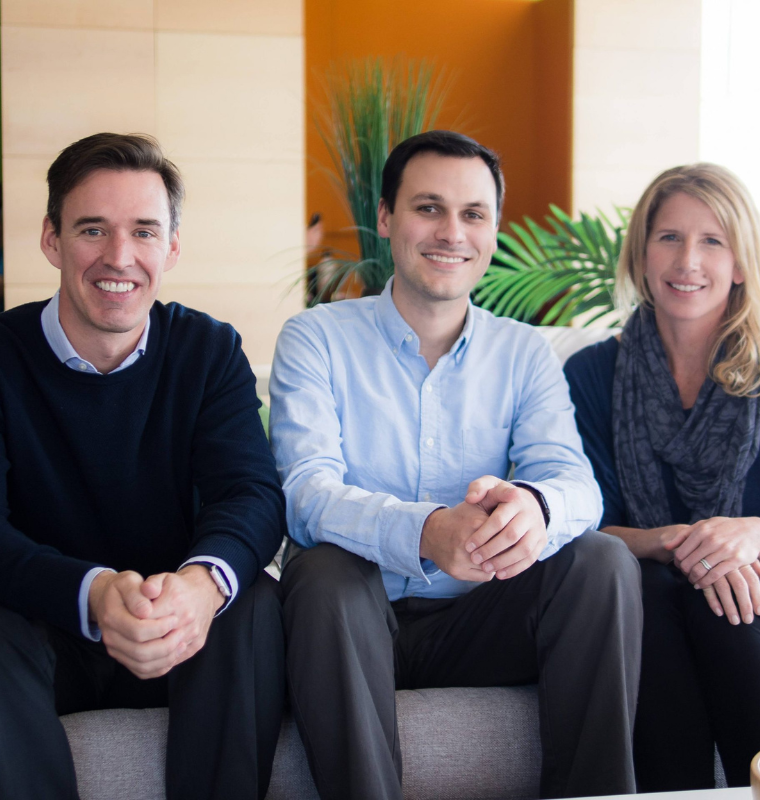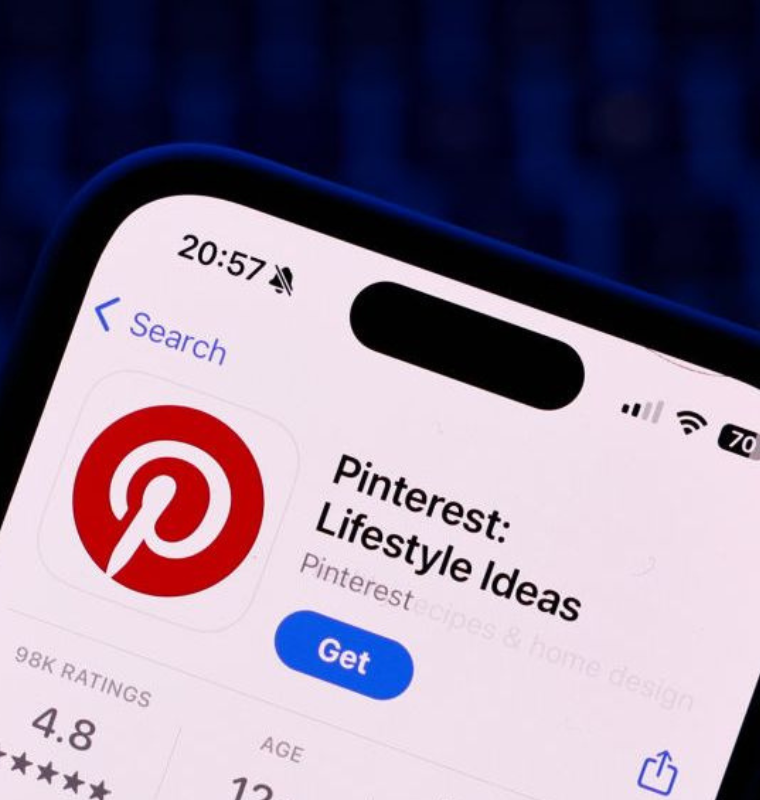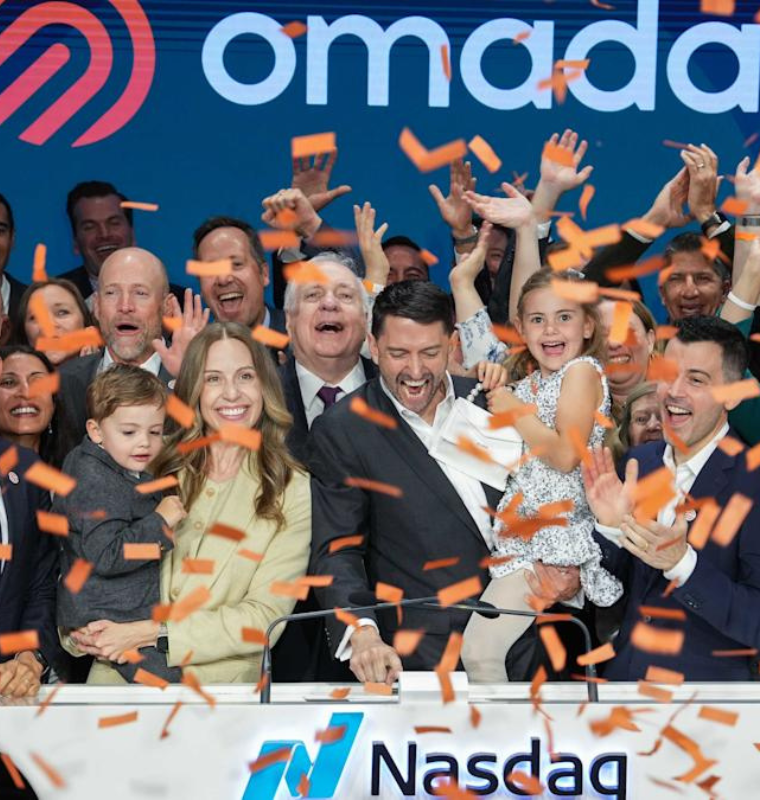Amazon’s Zoox Secures Federal Approval, Clears Safety Investigation to Advance Robotaxi Deployment
Amazon’s Zoox Secures Federal Approval, Clears Safety Investigation to Advance Robotaxi Deployment
By
David Goldfarb
Last updated:
August 7, 2025
First Published:
August 7, 2025
.webp)
Photo: Forbes
Amazon’s autonomous vehicle division, Zoox, has achieved a significant milestone by receiving a crucial exemption from the National Highway Traffic Safety Administration (NHTSA), allowing it to demonstrate its fully driverless robotaxis on public roads. This approval marks a pivotal step forward for the company’s ambitious plans to launch commercial autonomous ride-hailing services.
Key Regulatory Developments and Safety Clearance
On Wednesday, the NHTSA announced that Zoox was granted an exemption from certain Federal Motor Vehicle Safety Standards, a first for U.S.-manufactured autonomous vehicles under the agency’s expanded Automated Vehicle Exemption Program. Previously, this streamlined approval process was limited to imported autonomous vehicles, but recent policy updates have broadened eligibility to domestically produced models like Zoox’s.
The agency also officially closed its 2023 probe into Zoox’s self-certification claims, ending an investigation into whether the company’s robotaxi met all federal safety requirements. NHTSA Chief Counsel Peter Simshauser emphasized the importance of enabling “transportation innovators” to receive rapid regulatory review and appropriate exemptions.
As part of the exemption, Zoox is required to remove any statements asserting that its vehicles comply fully with all federal safety standards.
Zoox’s Path Forward: Expansion and Production Goals
Zoox, acquired by Amazon in 2020 for $1.3 billion, has been intensifying efforts to scale production and service deployment. In June, the company inaugurated a new manufacturing plant in the San Francisco Bay Area, aiming to ramp up output to 10,000 robotaxis annually at full capacity.
The uniquely designed, toaster-shaped autonomous vehicles are central to Zoox’s strategy to revolutionize urban transportation through a commercial ride-hailing service. The company plans to launch its first operational market in Las Vegas later this year, positioning itself to compete in the growing autonomous mobility sector.
Industry Context and Competitive Landscape
The NHTSA’s expansion of the exemption program also benefits other players in the self-driving vehicle industry. For instance, Tesla has announced plans for a two-seater CyberCab without traditional controls like steering wheels or pedals, which would similarly benefit from eased federal pathways for autonomous vehicle deployment.
Looking Ahead
With regulatory barriers lifting and production capacity increasing, Zoox is poised to accelerate its commercial ambitions in the self-driving vehicle market. The federal exemption and closure of the safety probe signal growing government support for autonomous vehicle innovation, which could catalyze broader adoption and competition within the sector.
Popular articles
Subscribe to unlock premium content
How Egypt’s Economic Gamble on Mega Projects Backfired
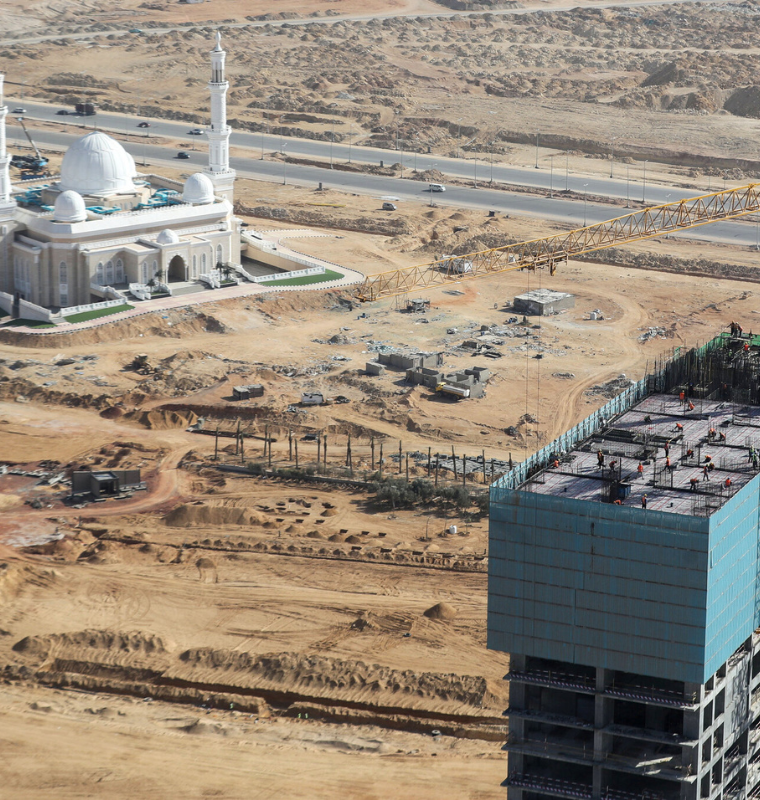
Bill Hwang and the Archegos Meltdown How Leverage Broke the System
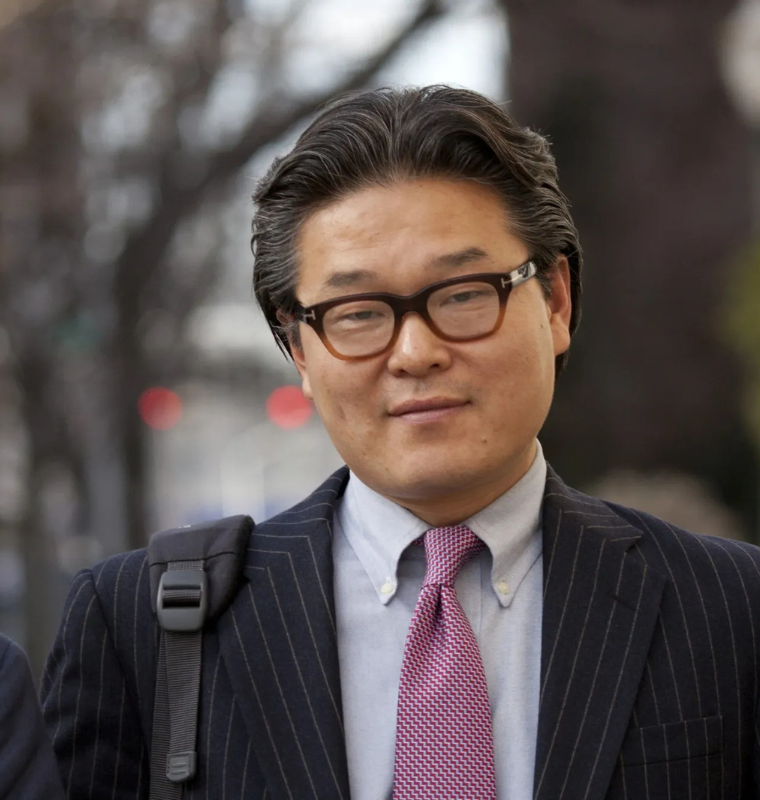
NFTs and Digital Art Was the Hype Worth the Crash
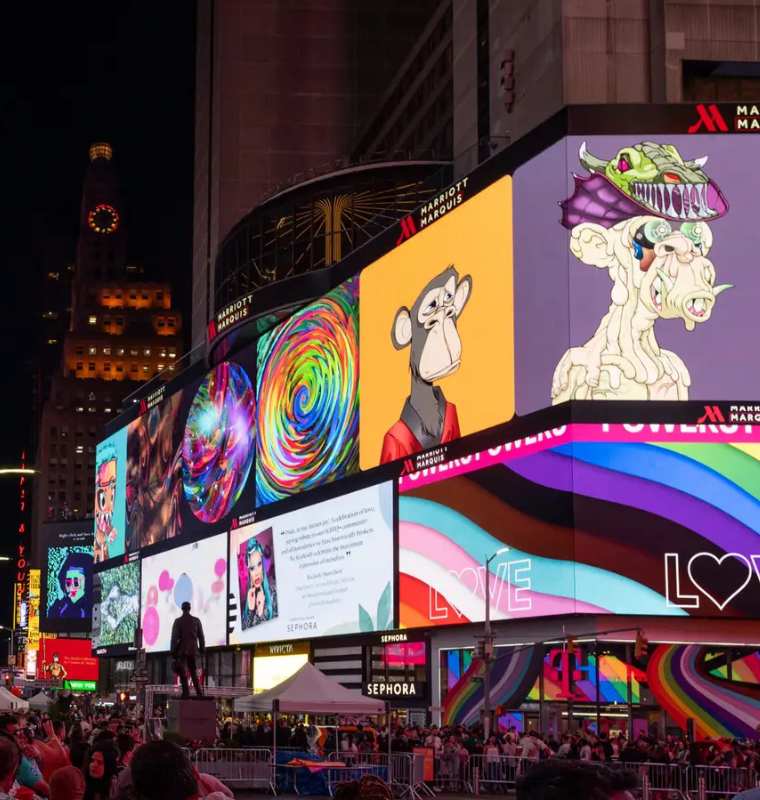
How Egypt’s Economic Gamble on Mega Projects Backfired

Bill Hwang and the Archegos Meltdown How Leverage Broke the System

How Egypt’s Economic Gamble on Mega Projects Backfired







